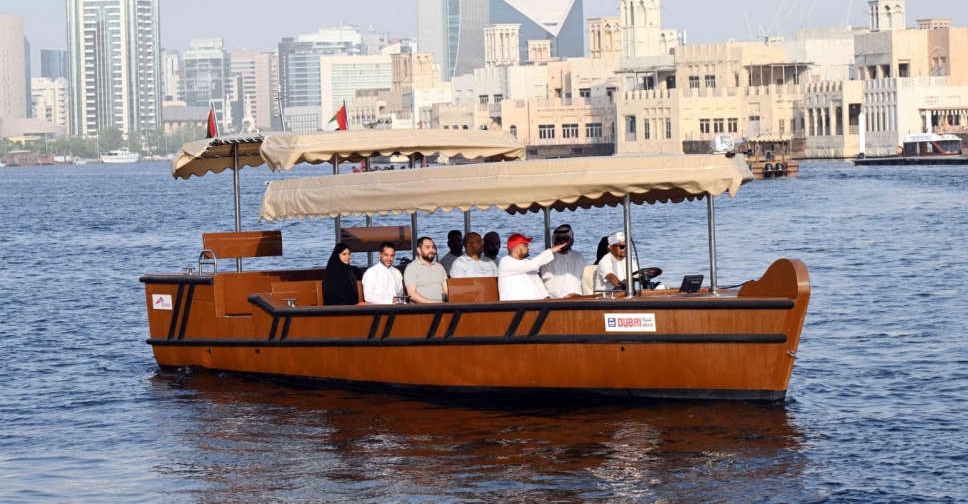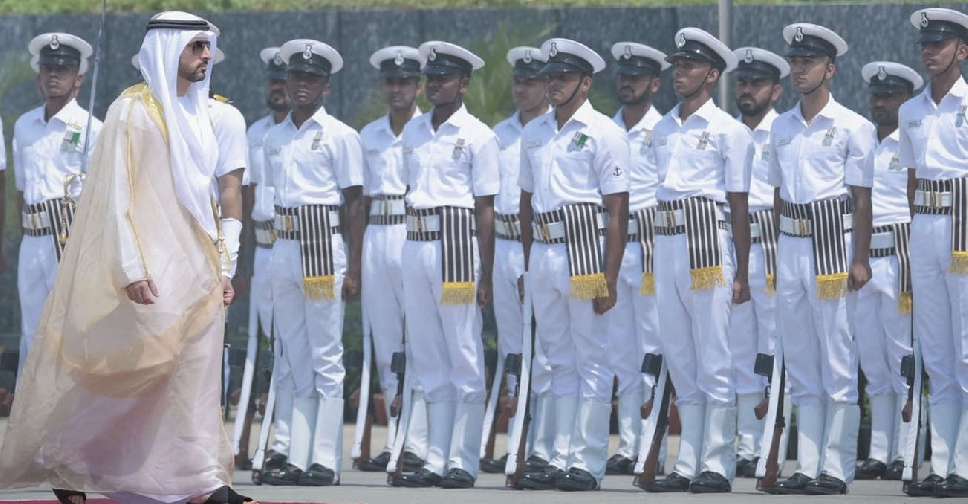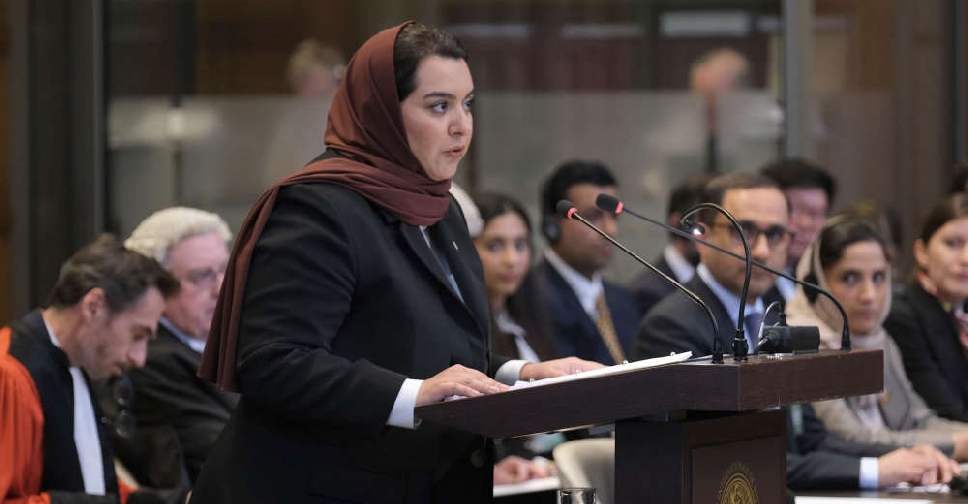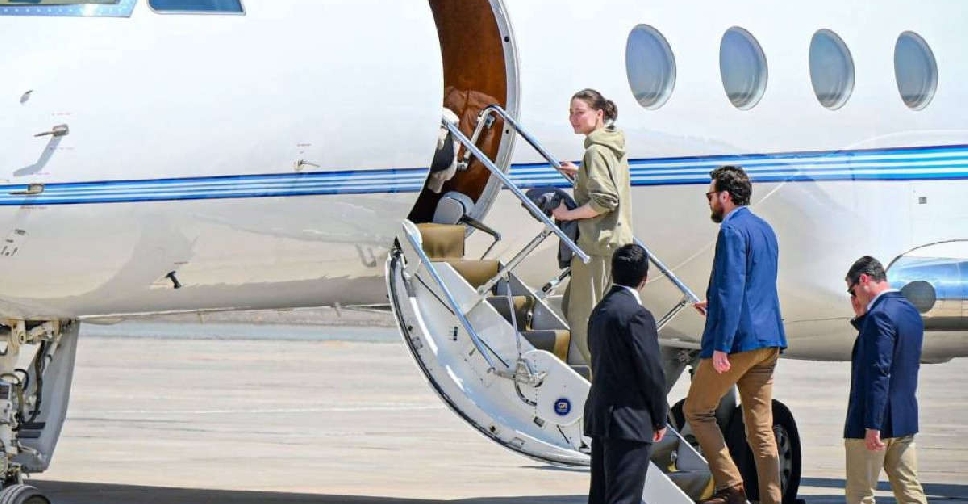
Dubai’s Roads and Transport Authority (RTA) is trialling the world's first electric abra manufactured using 3D printing technology, in collaboration with the private sector.
The abra, which can carry 20 passengers, was designed and built to retain the traditional abra identity.
It aims to reduce abra manufacturing time by 90 per cent, slash manufacturing costs by 30 per cent, and cut operation and maintenance expenses by 30 per cent.
Mattar Al Tayer, Director General, Chairman of the Board of Executive Directors of the RTA, said it is part of the RTA’s master plan to enhance marine transport services.
He added the abra "features numerous technical attributes, including the longest monocoque structure created using 3D printing technology, measuring 11 metres in length and 3.1 metres in width.
"It has an electric propulsion system powered by two 10-kilowatt motors and lithium batteries. The abra will be operated at the Sheikh Zayed Road Marine Transport Station on the TR6 line on a trial base. During this operation phase, the performance of the abra will be monitored and compared with the current 20-passenger fibreglass abras."
The RTA is currently working on a project to upgrade the traditional abra stations in Dubai Creek, including the improvement of four traditional abra stations.
The improvement works include replacing all floating docks with new ones to ensure passenger safety in addition to providing retail spaces for better customer services, facilities for employees and operators, and bike racks to enhance transport integration.
It will increase and improve passenger waiting areas, with priority seating and dedicated spaces for People of Determination, and will widen docking spaces by 15 per cent, shaded waiting areas by 100 per cent, and commercial spaces by 27 per cent.

 UAE, EU to launch negotiations on free trade agreement
UAE, EU to launch negotiations on free trade agreement
 H.H. Sheikh Hamdan concludes India visit
H.H. Sheikh Hamdan concludes India visit
 UAE labels Sudan's allegations at ICJ as misleading, pure fabrication
UAE labels Sudan's allegations at ICJ as misleading, pure fabrication
 UAE facilitates US-Russia prisoner swap in Abu Dhabi
UAE facilitates US-Russia prisoner swap in Abu Dhabi
